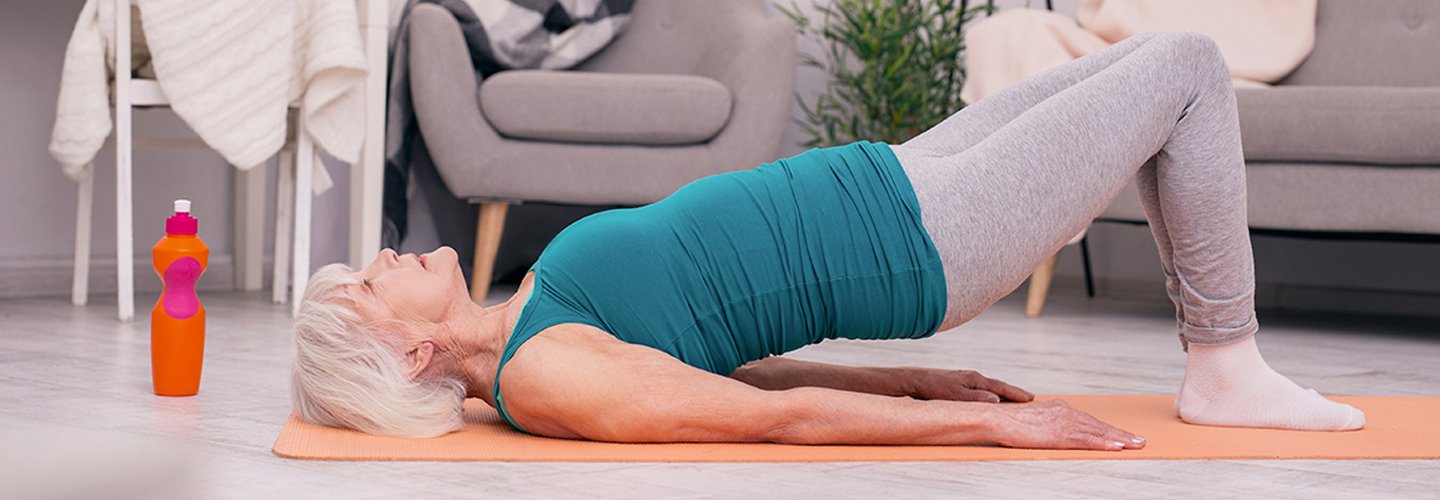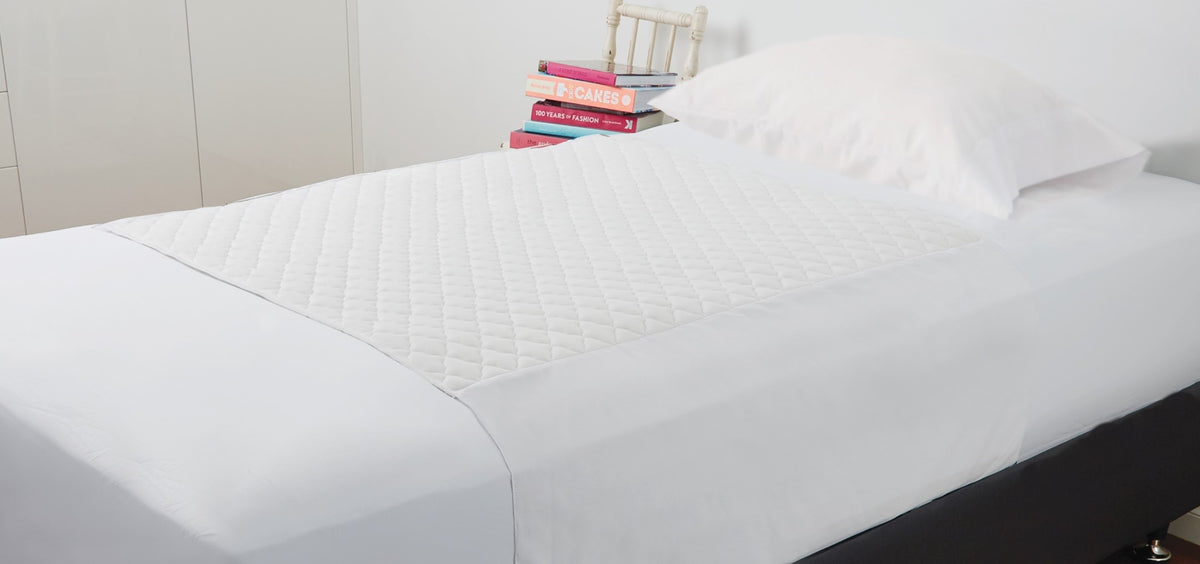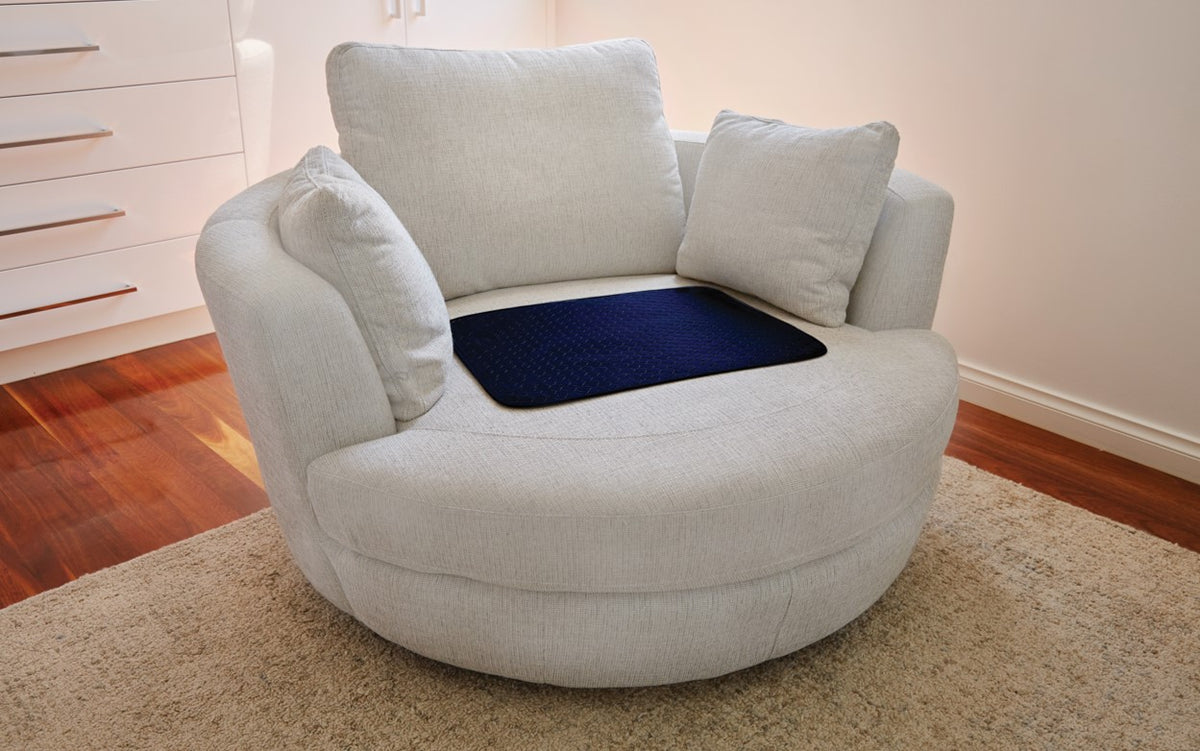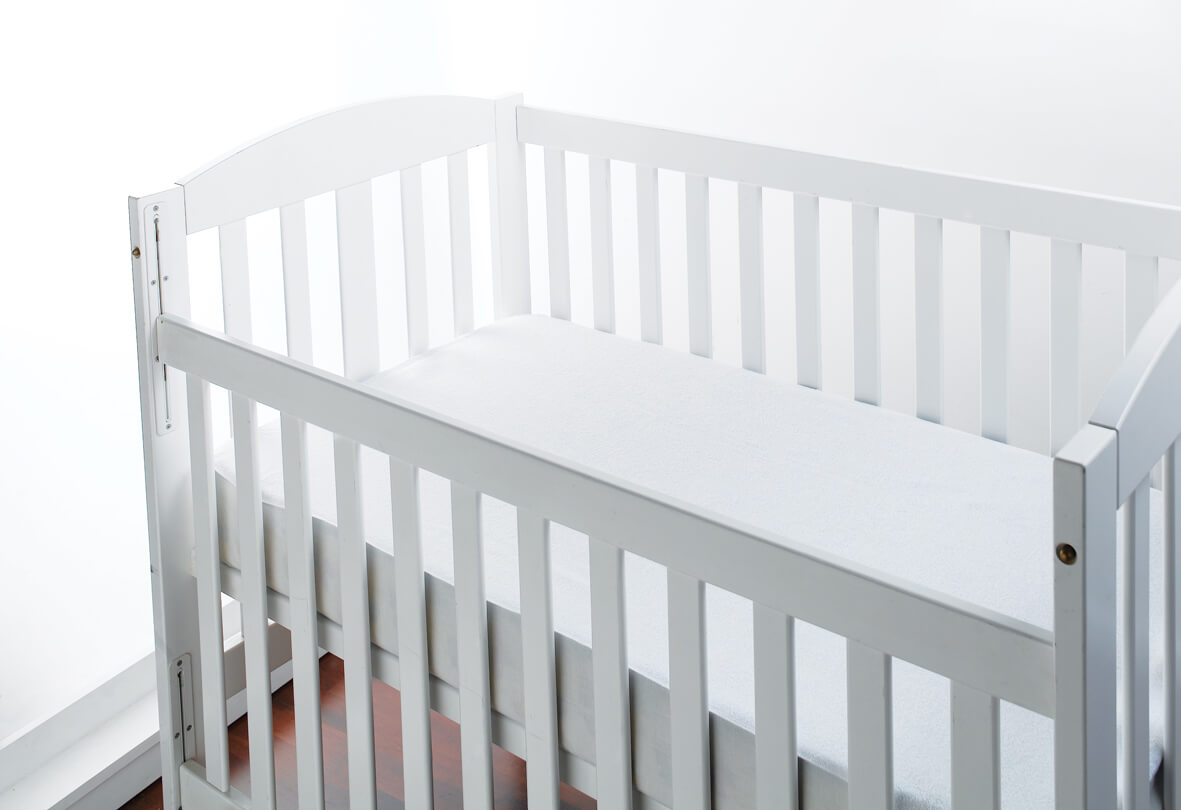Common Causes of Incontinence in Men & Women
Tue, Apr 14, 20
Causes
 Incontinence can affect anyone at anytime, however females and people who are elderly, disabled or have a chronic health problem have an increased risk.
Incontinence can affect anyone at anytime, however females and people who are elderly, disabled or have a chronic health problem have an increased risk.
There are a number of causes of both bladder and bowel incontinence. It may simply be caused by ones life stage (Pregnancy, childbirth, menopause), a chronic condition or illness, dementia and even some medicines.
Women
Women who have had a baby are 3 times more likely to have bladder control problems than those who have not.
- Pregnancy, childbirth and menopause all take their toll on a women's bladder and urinary tract with 1 in 4 women experiencing bladder weakness at some stage in their life.
- Find out more about female incontinence
here
Men
Men often experience poor bladder control due to prostate issues.
- This generally affects men over 40.
- Find out more about male incontinence here
Chronic conditions
ABS data from 2015 identified that "Almost one in five Australians reported living with a disability (18.3% or 4.3 million people)"
- A person who is elderly, disabled or has a chronic health problem is at increased risk of urinary or faecal incontinence
- Birth defects, chronic illnesses such as Muscular Dystrophy and, mental deterioration such as Dementia and Alzheimer's may contribute towards incontinence issues.
- Find out more about Incontinence in the Elderly and Dementia here
Medicines
Some prescription or over the counter medicines may have side effects that can effect the way the bladder and bowel works or make incontinence worse.
Some such medicines as recognised by bladderblowel.gov.au include the following:
Illnesses
The bladder and bowel can be affected by a number of illnesses that may appear to be incontinence and mask another health issue.
Apart from Dementia these may include:
Bladder Med
- Fluid tablets
- Antihistamines
- Blood pressure tablets
- Strong pain killers
- Antidepressants
- Parkinson's tablets
- Sleeping tablets
- Constipation medicine
- Antidepressants
- Sleeping tablets
- Parkinson's tablets
- Anti-inflammatory tablets
- Strong pain killers
- Laxatives
- Fluid tablets
- Medicines used for bladder control
Bladder
- Urethritis
- Bladder cancer
- Bladder stones
- Kidney cancer
- Kidney disease
- Prostate cancer
- An overactive or shy bladder
Bowel
- Diarrhea
- Constipation
- Crohn's disease
- Irritable Bowel
- Bowel cancer
- Rectal prolapse
- Hemorrhoids
- Worms
If you have any concerns contact our registered nurse on 1300 857 123 or your doctor









